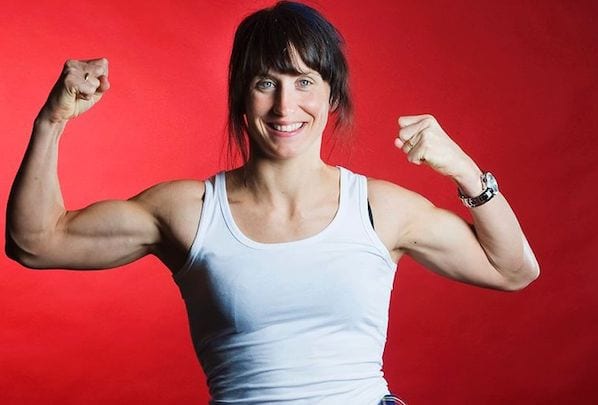This week I want to share an excellent example of the ‘no jerks’ policy in action.
And it comes courtesy of Norway.
When I think of things Norway is doing well, especially given I run a media business advocating for women’s careers and opportunities, I don’t automatically think of sport.
I may think of the fact Norway introduced board quotas ten years ago this month. Or that they take access to childcare very seriously, and cap it at $425 a month for parents. Or maybe that 40% of the country’s elected officials are women, and nine of its 19 ministers are also female.
But Norway’s not just doing well when it comes to gender equality, it’s also doing well in sport.
And part of such success may reside in a ‘no jerks’ allowed policy.
If, like me, you’ve been enjoying watching the Winter Olympics the last couple of weeks, you may have noticed the continued podium dominance of the Norwegians. They’ve come up top of the medal tally, with 35 medals in total so far, ten more than Germany in second place.
So how do they do it? A country of just 5.2 million people? Sure they have an abundance of snow and the temperatures to actually make the widespread adoption of Winter sports a possibility (unlike in Australia)
Maybe they invest a shitload of money into sport and have varying forms of performance institutes spread out across the country? No, they don’t even support artificial altitude tents, telling athletes to head into the mountains instead. Norway’s sports federation’s annual budget is the equivalent of just over $30 million Australian dollars. The Australian Institute of Sport spent $332 million on Olympic sports between the London and Rio games. $38 million of that was on swimming alone.
Norway’s climate obviously helps significantly in the Winter Olympics. But the country still took home eight medals from the last Summer games in Rio, compared with Australia’s 29, not bad considering they have less than a quarter of the population of Australia, and Australia’s only managed 3 medals so far in these Winter games.
Today, The Guardian has an interview with Tom Tvedt, the president of Norway’s Olympic Committee, who sheds some light on their approach.
He says they are a little old-fashioned when it comes to sport. They refuse to invest in sports that ordinary Norwegians can’t participate in (like bobsledding), and aim to nurture the very vital link between amateur and elite sport.
Indeed, their vision is “sport for all” and they aim to ensure kids have fun with sport prior to age 12, rather that put the emphasis on winning – it’s participation that matters. That’s a great approach for expanding the talent pool (and an approach that any smart employer should be following: Encourage participation and input from staff, rather than focusing resources and attention on the ‘elite’).
Meanwhile, brilliance alone isn’t enough to get you on elite teams in Norway.
“We believe there is no good explanation for why you have to be a jerk to be a good athlete. We just won’t have that kind of thing on our team,” Tvedt told The Guardian.
That especially helps for Friday Taco night, a weekly tradition for the full Winter Olympic team, which trains together in the off season. Partners and family are also invited.
In sport, talent is only part of the story. Even in individual sports, which so dominate both the Summer and Winter Olympic games.
Hard work is everything. And having the support of a great team, without the distraction of idiots, takes athletes from good to great.
There’s something in that for anyone with an interest in team performance.
Pictured above is Marit Bjørgen, a Norwegian cross-country who is now the most successful Winter Olympian of all time, having secured her 14th Olympic medal in Pyeongchang.


